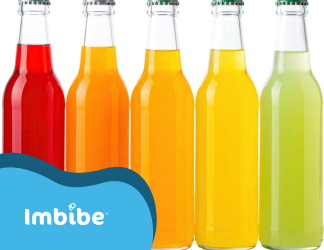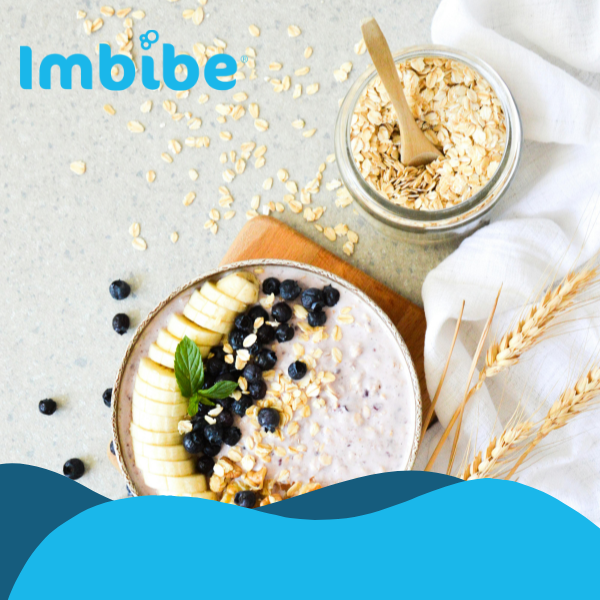 Transparency is extremely beneficial for brands who strive to differentiate themselves from competitors and seem more premium. Consumers are even taking more stock in the origin of products, which is why concepts like “Farm to Fork” are so trendy right now. Products that are organic and made with sustainable ingredients, or products coming from beverage manufacturers employing other sustainable business practices, are considered ultra- premium, and Biodynamic® Agriculture adds another layer to this emerging trend.
Transparency is extremely beneficial for brands who strive to differentiate themselves from competitors and seem more premium. Consumers are even taking more stock in the origin of products, which is why concepts like “Farm to Fork” are so trendy right now. Products that are organic and made with sustainable ingredients, or products coming from beverage manufacturers employing other sustainable business practices, are considered ultra- premium, and Biodynamic® Agriculture adds another layer to this emerging trend.
Farms that practice Biodynamic® Agriculture produce organic products and aim to be self-contained and self-sustaining (using as few products as possible from outside the farm to produce crops). Other requirements for being a biodynamic farm include:
- Avoiding synthetic chemical pesticides, fertilizers and transgenic contamination
- Finding living solutions to pest control and animal fertility using resources from the farm
- Setting aside a minimum of 10% of a farm’s total acreage for biodiversity
- Meeting the National Organic Program standard base
Other considerations of Biodynamic® Agriculture include water conservation and maintaining crop vitality using medicinal plants, minerals, and composted animal manures from the farm. Products with a Biodynamic® certification have been grown on a farm that has been certified by Demeter USA, a non-profit formed in 1985 to promote Biodynamic agriculture.
The idea behind biodynamic farming actually sprouted (pun intended) in the early 1900s, but the practice has grown over the last several years. We’re starting to see biodynamic certifications in products, including several wines, Suja Elements Unsweetened Biodynamic® Black Cold Brew Tea, and Kedem Biodynamic® Grape Juice, to name a few.
Biodynamic® Agriculture gives beverage developers an opportunity to create products that tell a story of authenticity, sustainability, and transparency. As the clean label trend continues to evolve, biodynamic agriculture will appeal to many consumers who seek out more transparency about the origin of their food and share the same values of what biodynamic represents. It’s too early to predict how pervasive biodynamic agriculture will become in the beverage industry, but in a time where clean label reigns supreme there is certainly room for growth.



